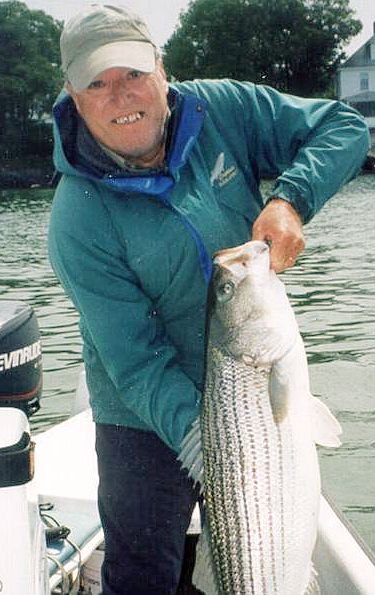Gold mining rule changes in Maine would be a disaster for wild brook trout. Below from the Bangor Daily News explains a disturbing turn of events for trout fishermen.
Please call your Maine legislator to urge them to appose the legislation.
By Jeff Reardon, Special to the BDN
Posted March 19, 2012, at 3:19 p.m.
Looking at Irving’s proposal for a copper mine near Ashland last week, I remembered what mining did to a Pennsylvania stream I fished in 1990.
Fresh out of college, I was working in Newark, N.J, wondering where the nearest brook trout might be. I quickly discovered the great trout streams that flow through central Pennsylvania. Single and broke, I spent most of my weekends exploring those streams. Pennsylvania streams look different than Maine’s, but their trout take the same flies.
One Saturday, I fished a new stream, taking a nice brook trout from the first pool. A bit downstream, a tributary dumped in. When a dozen casts failed to connect, I walked down and saw why. The bottom of the tributary was brick-red, every rock covered with a thick coat of rust. The stream was dead — not a bug or a fish or even a frog. And below the confluence my stream was dead too, for as far as I could see.
It was “acid mine drainage,” or AMD. AMD forms when buried geologic formations are exposed to air and water. A complex set of chemical reactions yields highly acidic water and toxic levels of metals. Aquatic life is poisoned out of the water.
In the West Branch Susquehanna watershed, where I was fishing that day, there are over 1,200 miles of AMD-impaired streams. AMD from copper, gold and silver mines in places such as Montana and Nevada kills fish too.
So when I read about a proposed copper and gold mine in the headwaters of the Fish River — and Irving’s request that Maine relax its mining laws to make it easier to develop — I worried.
First, I found the mine site on the DeLorme. Clayton Lake, a wild brook trout pond, is just a mile and a half south. Carr Pond, another wild brook pond, is less than two miles to the north. Carr Pond Stream runs off the north side of Bald Mountain, through Carr Pond, then meets Clayton Stream coming off the west side of Bald Mountain to form the Fish River. Two miles downstream is Fish River Lake, with wild brook trout, salmon and togue.
A little phone and Internet research increased my worry. A literature review for the U.S. Fish and Wildlife Service in Alaska concludes no “hard rock surface mines exist today that can demonstrate that AMD can be stopped once it occurs on a large scale. … Permitting large scale surface mining in sulfide-hosted rock … imparts a substantial and unquantifiable risk to water quality and fisheries.”
A colleague in Montana tells me of a review that says 90 percent of metal sulfide mines cause AMD. The Bald Mountain mine site — and the majority of other possible mine sites in Maine — is in “sulfide-hosted rock.”
The last-minute process by which the Legislature’s Environment and Natural Resources Committee is reviewing this proposal is, simply put, just as scary. The sole public hearing was scheduled with less than a week’s notice. The bill was hand-delivered by lobbyists on the day before the hearing.
Some of us who testified received the bill — all 22 pages of it — 18 hours before the hearing, but only because we were on the committee clerk’s email list. The rest of the public still cannot get a copy of the bill on the Legislature’s website. Irving’s team of out-of-state lawyers and consultants are demanding the Legislature review and approve this new bill in a matter of days.
We — the Maine people who will have to live with the legacy of this decision forever — are being asked to “just trust us.” We have no time to review the issue carefully, ask experts in other states how they deal with these types of mines or even read the proposal before we testify.
In a state where it’s common to have a stakeholder group and several years of review for even minor changes in environmental law, we are being asked to endorse sweeping changes overnight.
One change renders moot all existing mining laws and rules. Another allows ore processing and disposal of tailings in the floodplain. A third insists that any soil near a mineral deposit is, by definition, “suitable.”
Maine has a proud history of balancing our natural resource-based economy with outstanding environmental protection. We have a tradition of taking the time to get things right. We need to do that now before we lose the nation’s best brook trout resource to a set of rules drafted to meet Irving’s bottom line.
Jeff Reardon of Manchester is the Maine brook trout project director for Trout Unlimited.
Tuesday, March 20, 2012
Subscribe to:
Posts (Atom)
